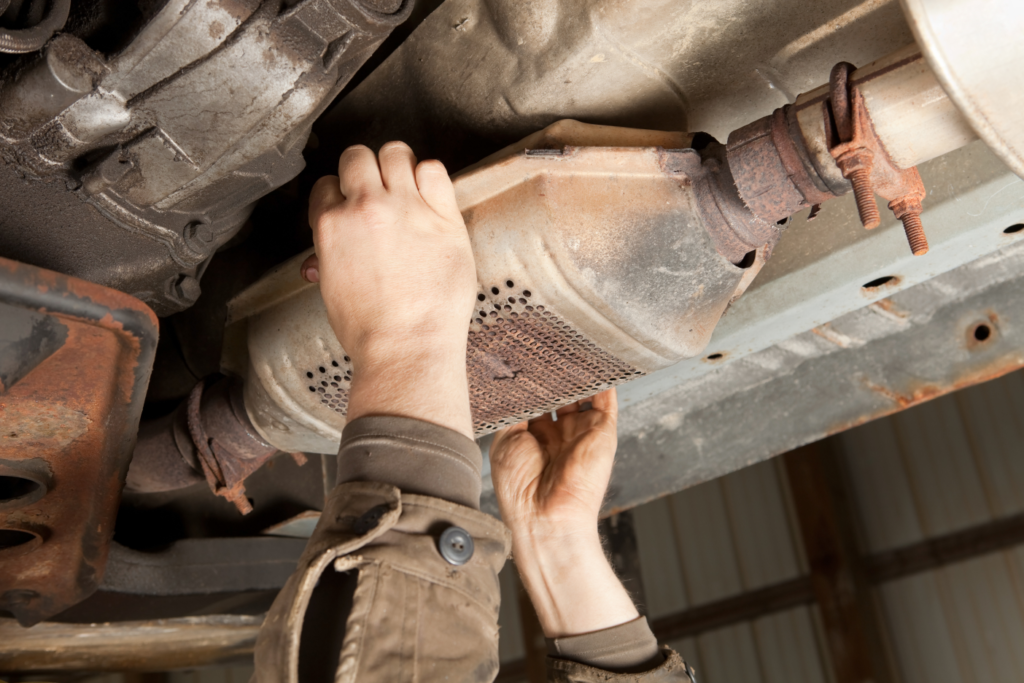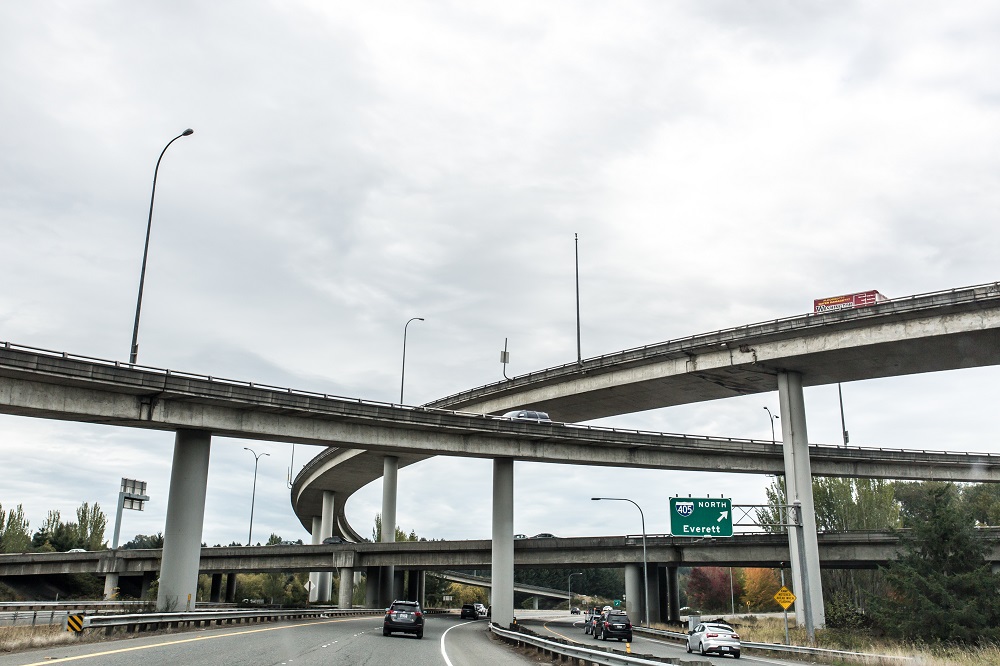Standing with Our Ukrainian-American Neighbors

Washington is home to over 50,000 Ukrainian-Americans, many of whom call the 47th District home. I hope that you will join with me as I send thoughts and prayers to the courageous people of Ukraine and stand in solidarity with our neighbors during this difficult time.
Last week, the House adopted a resolution to honor the contributions of Ukrainian-Americans to Washington. They are integral to the fabric of the place we call home. But I promise to do more than adopt a resolution. We must open our doors to those fleeing the violence. We are ready to welcome and support those whose lives have been painfully uprooted. I pray that war ends as quickly as it started, but to all of my Ukrainian-American neighbors, know that my thoughts are with you and your family back in Ukraine.
Taking Action on Catalytic Converter Theft

Catalytic converter thefts had been on the rise for years. Then, the pandemic hit, and thefts started skyrocketing. Nationwide, the National Insurance Crime Bureau reported nearly two thousand thefts in 2018, over three thousand in 2019, and a whopping 14,433 in 2020, leading to over $33.7 million in insurance payouts to customers.
Rising prices for precious metals and the devastating economic effects of the two-year global pandemic have created a perfect storm of crisis: limited resources and supply chain disruptions that make catalytic converters enticing targets for thieves.
That’s why I’m supporting HB 1815 this year. This legislation presents a real opportunity to stem the sharp rise in catalytic converter thefts by requiring scrap metal businesses purchasing a catalytic converter removed from a vehicle to document that it came from a vehicle registered in the seller’s name. This will immediately help law enforcement crack down on organized crime and enforce laws related to theft of metals. The legislation also facilitates a stakeholder process to get law enforcement, prosecutors, judges, and business leaders together to share experiences and strategies to further drive down thefts. I was proud to pass the bill off the House floor, and I hope it will receive swift consideration in the state Senate.
Everyone Pays Their Fair Share

As our country transitions to electric cars and hybrid cars increase efficiency, Washington finds itself in a conundrum. Our state pays for most of its road maintenance and construction using a gas consumption tax. Reducing gas consumption will decrease the gas tax revenue required to maintain our roads, bridges, and ferries. While we have a major interest in decreasing emissions from vehicles, we a sustainable, long-term revenue source for our roads.
That is where the Road Usage Charge (RUC) comes into play. Instead of paying by for our roads per gallon of gas, a road usage charge has drivers pay a per-mile charge based on how much they use Washington‘s public road system. Electricity and water are utilities that people pay for similarly. Since drivers would pay per mile instead of per gallon, all of the users of Washington’s roads including electric and hybrid electric vehicles would contribute towards paying for our road system.
Currently, Washington is working on how to transition from a gas tax to a road usage charge. The Washington State Transportation Commission is testing a road usage charge on several dozen vehicles and undertaking comprehensive research to determine how this change would take place. The project began in October 2020 and is scheduled to be completed by 2023.
This year, the House Transportation Committee considered HB 2026, which would have established an early adoption road usage charge of 2.5 cents per mile for electric vehicle owners to begin in 2025. While this bill did not move forward this year, I believe that a road usage charge will be necessary in the future. I look forward to the completed Transportation Commission study that will be delivered next year. We can both incentivize electric vehicles and ensure that we have the necessary revenue to keep our state moving.
Building Our Behavioral Health Capacity to Support Public Safety

Last year, following the Supreme Court ruling that invalidated Washington’s statute on simple narcotics possession, the Legislature made a choice to end the expensive and harmful felony for possession model and instead build up our behavioral health system to focus on treatment, care, and recovery. Instead of crowding jails, we are building up a system which connects people wanting help with case managers, stable housing, the treatment they need to recover with compassion, and the support to be successful.
This year’s budget invests heavily in this vision. Some of those investments include:
- $28 million to fund housing and employment for individuals struggling with behavioral health issues
- $27 million for expanded opioid response programs and supports
- $29 million to fund crisis, outreach, and diversion programs
- $51 million to increase the rates for mental health and substance use disorder providers
- $100 million for behavioral health providers that were impacted by COVID and are desperate for financial assistance to stay in operation
Communities are struggling with the impacts of substance use disorder. It’s time to try something different. Last year’s budget and this supplemental budget begin the work of building a behavioral health system focused on treatment and recovery support. Importantly, not only are treatment and recovery funded but intensive case management and housing. By building a system that provides support from pre-treatment through recovery we are offering people a hand up, not handcuffs. Everyone in our state will benefit from this more effective and humane approach to behavioral health.
